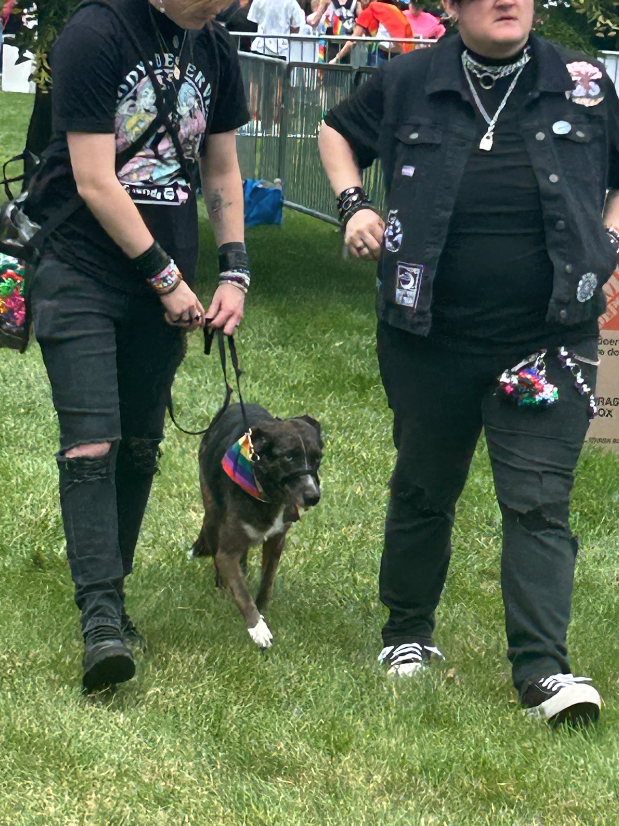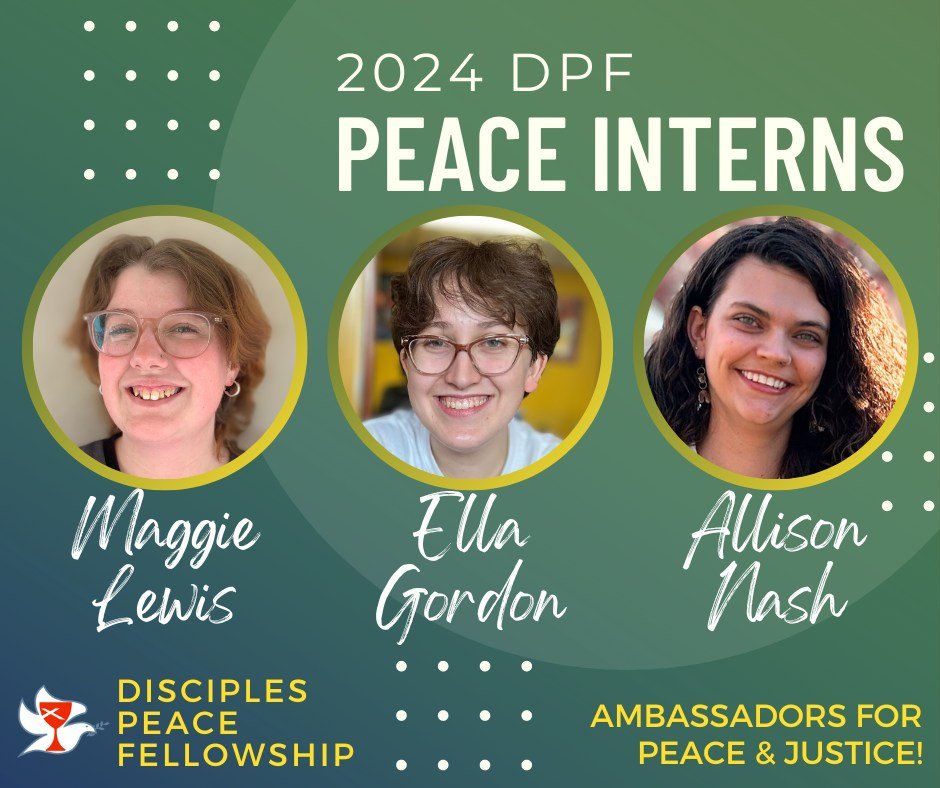On the third night of camp, we walked to Inspiration Point, a place that I’d heard campers talking about all week. Anna and Lara had showed me the fireflies of Tall Oaks on my first night staying on campus, promising me that I would see many more at I.P. This was the first week of my life seeing fireflies, because we don’t really have them in Oregon where I’m from. As we got closer to I.P. on the third night, I began to see how many were lighting up the trees and the grass. They flickered on and off in dazzling gold, the sight of them backed by the gentle hum of cicadas. As I craned my neck, I saw the stars of the clearest sky I had seen in a while. We reached I.P., which consisted of a half circle of benches, a table for communion, and a sturdy cross standing in front of the oak trees. A fire was lit and we worshipped together. It was one of the most sacred services I had experienced in a while.
When it was time to leave worship, I hung back as the campers headed to their cabins. I walked along the dark wooded path, craning my neck to look at the fireflies again. I found myself in tears as I watched them blinking on and off, moving with a joyful fervency that made me wonder if they were in worship too. I felt fully connected to the the Holy Spirit in this moment, and my tears were ones of gratitude and pure happiness.
The lifespan of an adult firefly is approximately sixty-one days. This gives them just long enough to reproduce. They use a language of light to communicate with each other, flashing constantly as soon as dusk arrives. As I walked further along the path, I thought about the impermanence of the fireflies. They live for such a fleeting period of time, yet bring overwhelming beauty to the world. It takes a kind of complete stillness to appreciate them. If only we could be so still for more of the time. If only we could come to a complete stop and find ourselves amidst those fleeting lights that life offers. I think these moments are where God is found most often.
We get to exist on this earth for much longer than the fireflies, but we are also impermanent. Another question one of my small group campers asked was: What do you think happens after we die? This is, of course, one of the most-asked questions of humanity in general, but it’s an especially weighted question for us people of faith. Some campers didn’t believe in heaven or hell, some campers believed in reincarnation, and others had no clue at all. The conclusion we came to was that even if there is nothing after death, we should try to live our lives trying to create as much heaven on earth as we can. This means reaching out to those less fortunate than us. This means having difficult conversations with those we don’t agree with. And it means taking in all the precious moments we have to be with each other and with God.
On the fourth day of camp, I taught my workshop on Palestine for the first time. I was nervous, partly because speaking in front a group always feels vulnerable and partly because I wasn’t sure what the response to the topic would be. I’ve had several difficult conversations with peers and classmates back home, and while I knew this would undoubtedly happen over my Peace Intern summer, I wasn’t sure how well-equipped I was to start off in this way. But the campers I talked to surprised with me with the wealth of knowledge they already had about the history of how Palestinians have been oppressed, and this is largely due to the amazing work that former Peace Intern Marci Mazza-Fredley did last year to bring awareness to them. We had an open conversation about how we can find hope and advocate for peace while living in a country that perpetuates violence. We ended with an art project I’m bringing to each camp this summer: each camper made a prayer flag for the people of Palestine. When I go home, I’m going to hang them all up in the highest place I can find, as a reminder of the hope and resistance that we must uphold in a world that tells us peace is impossible.







































































